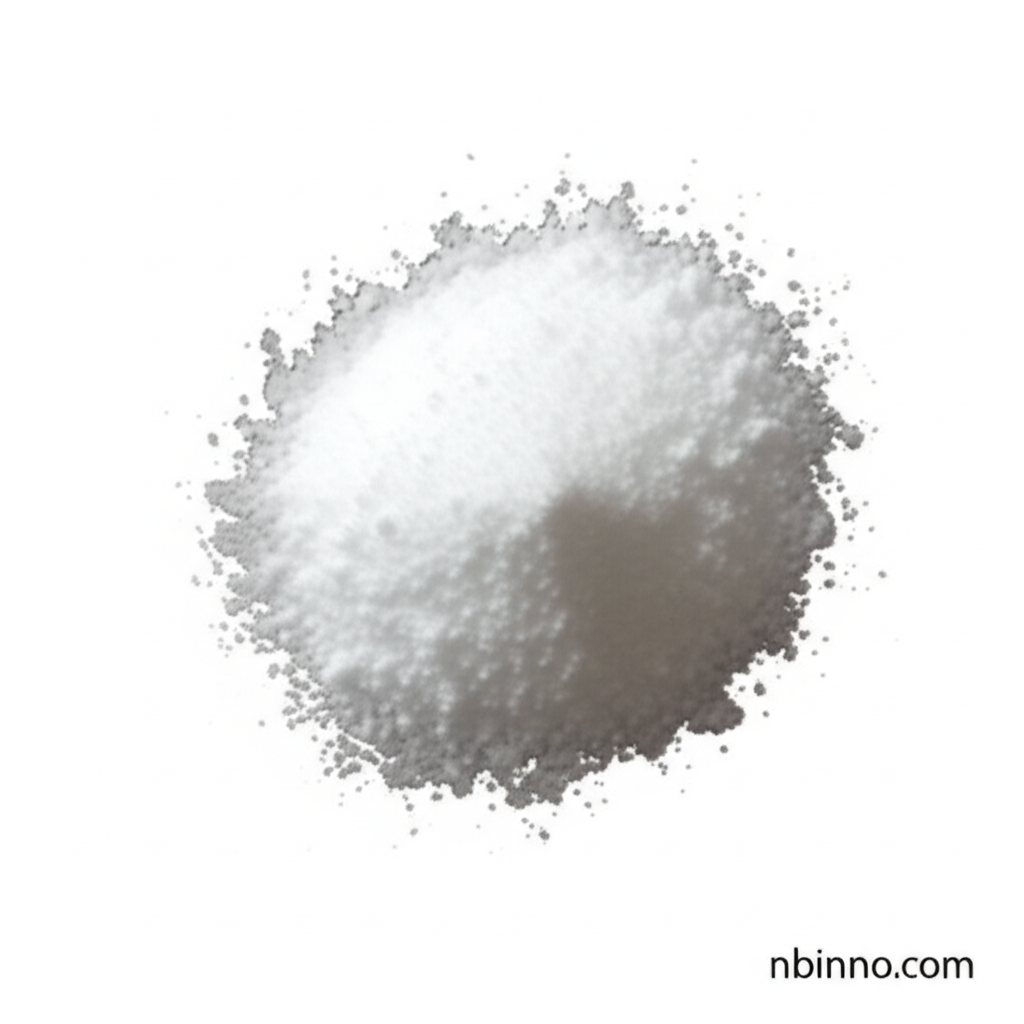Afatinib: Comprehensive Analysis of its Pharmacokinetics, Pharmacodynamics, and Clinical Applications
An in-depth look at an irreversible ErbB family blocker crucial for targeted cancer therapy.
Get a Quote & SampleProduct Core Value

Afatinib
Afatinib stands as a significant advancement in cancer treatment, functioning as an irreversible ErbB family blocker. It covalently binds to the kinase domains of epidermal growth factor receptor (EGFR), human EGFRs (HER) 2, and HER4, thereby inhibiting tyrosine kinase autophosphorylation and downstream signaling. This mechanism is particularly effective against non-small cell lung carcinoma (NSCLC) with specific EGFR mutations.
- Understanding the afatinib pharmacokinetics reveals a drug with minimal metabolism, primarily excreted in feces, ensuring a predictable therapeutic profile.
- The pharmacodynamics of this irreversible ErbB family blocker highlight its potent activity in inhibiting key signaling pathways driving cancer cell growth.
- Crucially, afatinib exhibits a low potential for CYP drug-drug interactions, offering a safer co-administration profile with other medications.
- Its efficacy in EGFR mutation-positive NSCLC makes it a vital tool in oncology, targeting specific genetic alterations within tumors.
Key Advantages
Predictable Pharmacokinetics
The minimal metabolism and predominantly fecal excretion of afatinib contribute to predictable pharmacokinetics, allowing for consistent therapeutic outcomes and simplified dosing regimens.
Targeted Action Mechanism
As an EGFR tyrosine kinase inhibitor, afatinib precisely targets signaling pathways involved in cancer proliferation, offering a more focused treatment approach than traditional chemotherapy.
Reduced Drug Interaction Risk
The low potential for interactions with CYP enzymes significantly reduces the risk of adverse drug events when used concurrently with other medications, enhancing patient safety.
Key Applications
Non-Small Cell Lung Cancer (NSCLC) Treatment
Afatinib is a cornerstone in the treatment of NSCLC, particularly for patients with EGFR mutations, offering improved progression-free survival and overall survival.
Oncology Drug Development
The study of afatinib's pharmacokinetic and pharmacodynamic properties provides valuable insights for the development of future targeted cancer therapies.
Pharmaceutical Research
This detailed analysis serves as a resource for pharmaceutical researchers investigating kinase inhibitors and their clinical applications.
Personalized Medicine
By targeting specific genetic mutations, afatinib exemplifies the principles of personalized medicine in cancer care, tailoring treatment to individual patient profiles.
